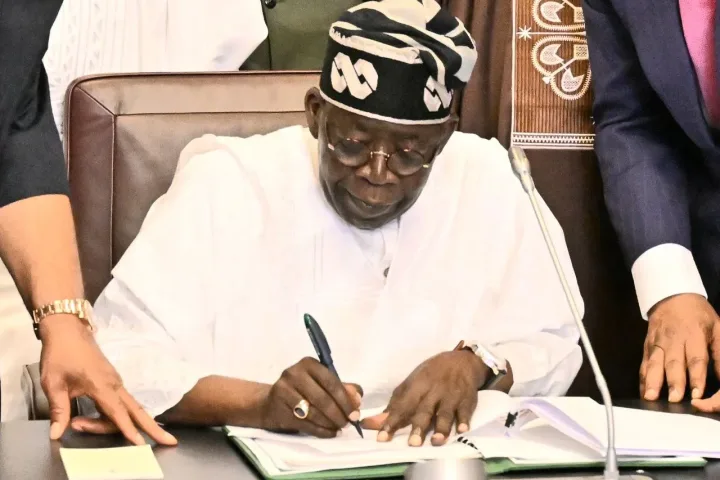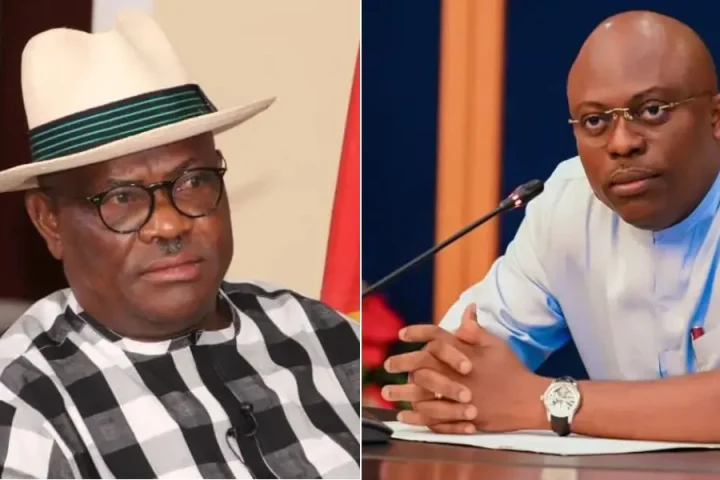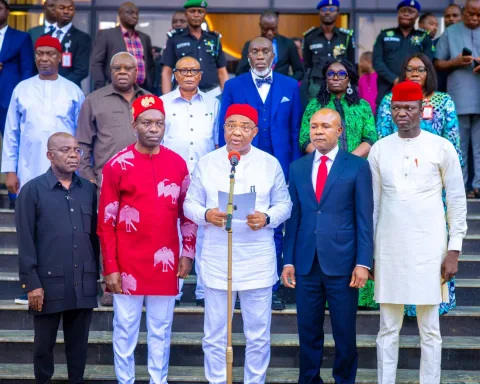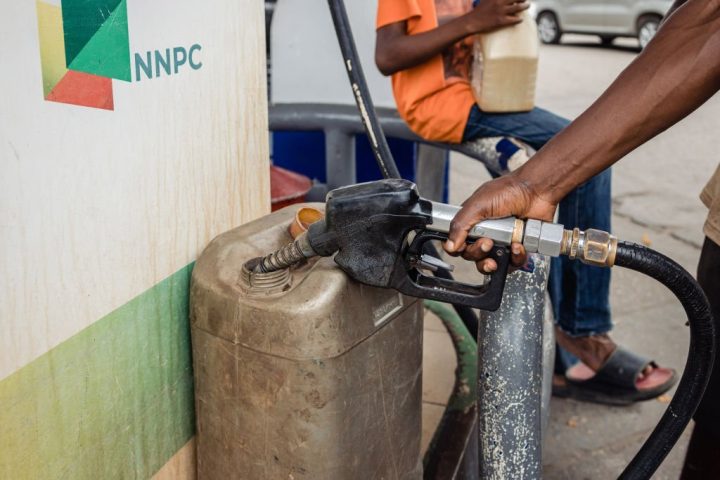Good governance is often hailed as the cornerstone of a nation’s progress and development. In Nigeria, this concept holds significant weight among both the elite and the common people. However, the understanding of what constitutes “good governance” varies widely across different segments of the population. For the masses, good governance means tangible improvements in their daily lives, such as better access to necessities, healthcare, education, and security. The elite, on the other hand, view good governance through a more systematic lens, focusing on public policy, economic stability, and long-term development goals.
Technocrats and academics bring another perspective, emphasizing principles like participation, transparency, accountability, responsiveness, equity, and inclusivity. Despite these varied views, one thing is clear across all sectors: good governance is sorely lacking in Nigeria. As one Nigerian academic stated, “Without an educated and informed electorate, the necessary pressure for good governance remains absent.”
Join our WhatsApp ChannelIlliteracy and Weak Civil Society: The Dual Cripplers of Good Governance
One of the primary reasons for the governance deficit in Nigeria is the high rate of illiteracy. Democracy thrives on an informed citizenry capable of participating in governance, demanding accountability, and advocating for their rights. However, in Nigeria, the high level of illiteracy has created a populace unable to effectively engage in the democratic process or demand good governance.
This situation has allowed the elite to maintain power with minimal resistance, perpetuating a cycle of poor governance. Illiteracy not only weakens the ability of citizens to hold leaders accountable but also makes them vulnerable to manipulation by unscrupulous politicians. In many instances, illiterate voters are swayed by short-term incentives such as cash handouts or promises of immediate benefits, rather than considering the long-term implications of their choices. This dynamic leads to the election of leaders who are more focused on populist appeals than on serving the public good.
Another critical factor contributing to Nigeria’s governance challenges is the weakness of civil society. A robust civil society is essential for fostering participatory democracy, holding leaders accountable, and ensuring that governance serves the public interest. Unfortunately, Nigeria’s civil society remains fragmented and largely ineffective. The combination of high illiteracy, economic hardship, and a lack of civic consciousness exacerbates this weakness.
In many countries with strong civil societies, there is often a higher level of political accountability and better governance outcomes. However, in Nigeria, the weak civil society has struggled to mobilize the populace effectively or to challenge the entrenched power structures that perpetuate poor governance. Without a strong civil society, the push for good governance remains a distant goal.
The Importance of Institutional Frameworks for Good Governance
Effective leadership cannot exist in a vacuum; it requires strong institutional frameworks that guide and support the governance process. In Nigeria, the absence of these frameworks has resulted in unstructured and ineffective leadership. Institutions play a critical role in ensuring continuity, stability, and accountability in governance. When these structures are lacking, leadership becomes arbitrary, and the delivery of public services suffers.
Without strong institutions, governance becomes a matter of personal discretion rather than a structured process designed to serve the public good. Nigeria’s governance system lacks the uniform standards, benchmarks, and guardrails necessary to ensure consistent and high-quality governance. Strengthening these institutions is essential for improving governance in Nigeria, as they provide the necessary framework for holding leaders accountable and managing public resources responsibly.
Leadership Selection and Cultural Norms: Barriers to Good Governance
Another significant barrier to good governance in Nigeria is the flawed leadership selection process. In a functional governance system, leadership positions should be filled through a meritocratic process that ensures the most qualified individuals are selected. However, Nigeria’s political party system is far from meritocratic. It is dominated by cronyism and clientelism, leading to the selection of leaders who prioritize personal gain over public service.
This flawed selection process is deeply rooted in the country’s political culture, where politics is often seen as a means of personal enrichment rather than public service. Political parties, instead of serving as platforms for advancing policy ideas, have become vehicles for promoting the interests of powerful individuals or groups. This has perpetuated a cycle of ineffective governance, as leaders selected based on loyalty rather than competence are less likely to deliver the kind of leadership necessary for national development.
Nigeria’s cultural norms and attitudes also pose a significant challenge to good governance. In many Nigerian communities, particularly in the northern regions, there is a preference for strong, autocratic leaders, and dissent is often discouraged. This cultural disposition aligns with the ruling elite’s aversion to accountability, further stifling the development of good governance practices.
In addition, the cultural acceptance of corruption and the normalization of unethical behavior further entrench the governance deficit in Nigeria. In many communities, corrupt practices are not only tolerated but are seen as necessary for survival or advancement. This creates a vicious cycle where corruption is perpetuated at all levels of society, from the grassroots to the highest echelons of power.
The Fragmented Governance System and the Need for Reform
Nigeria’s diverse geopolitical, regional, and socio-cultural differences have produced a fragmented governance system with little uniformity in standards. While policies such as the Federal Character and affirmative action were well-intentioned, they have further complicated the governance landscape, creating disparities across regions and leading to uneven governance outcomes.
The absence of clear standards and benchmarks allows for a wide variation in governance quality across different parts of the country, complicating efforts to achieve good governance on a national scale. To address this challenge, there needs to be a concerted effort to establish uniform governance standards that apply across the country, ensuring that all regions adhere to the same benchmarks of good governance.
A Call for Comprehensive Reform
The challenge of achieving good governance in Nigeria is multifaceted, rooted in a complex interplay of high illiteracy rates, weak civil society, the absence of robust institutional frameworks, a flawed leadership selection process, anti-democratic cultural norms, and the lack of uniform governance standards. Addressing these challenges requires a comprehensive approach that includes improving education, strengthening civil society, building robust institutions, reforming the leadership selection process, promoting democratic cultural norms, and establishing clear governance standards.
As Nigeria continues its journey towards development, the need for good governance cannot be overstated. It is the foundation upon which all other progress depends. Until these governance challenges are effectively addressed, the dream of a prosperous and well-governed Nigeria will remain elusive.
Emmanuel Ochayi is a journalist. He is a graduate of the University of Lagos, School of first choice and the nations pride. Emmanuel is keen on exploring writing angles in different areas, including Business, climate change, politics, Education, and others.
- Emmanuel Ochayihttps://www.primebusiness.africa/author/ochayi/
- Emmanuel Ochayihttps://www.primebusiness.africa/author/ochayi/
- Emmanuel Ochayihttps://www.primebusiness.africa/author/ochayi/
- Emmanuel Ochayihttps://www.primebusiness.africa/author/ochayi/



















Follow Us